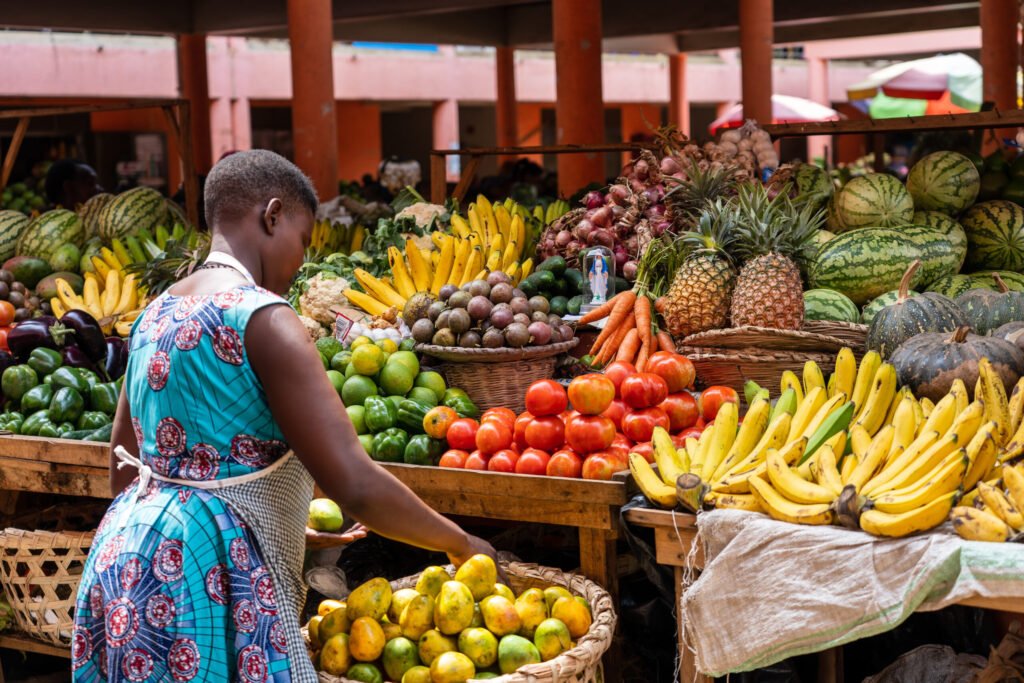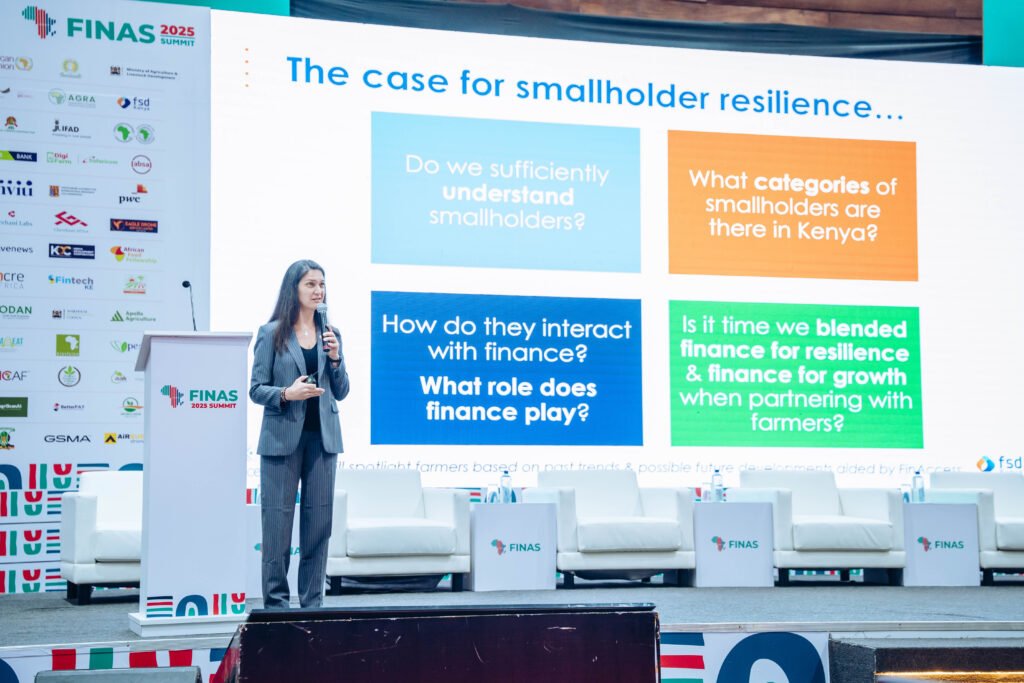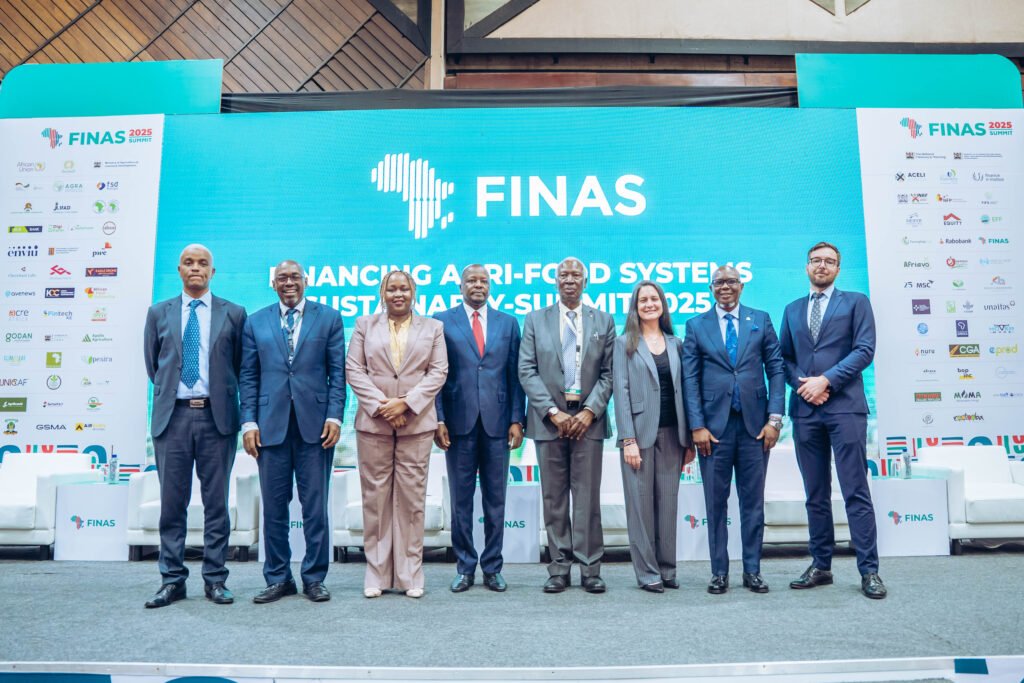Land remains the most critical resource for wealth creation in Africa. It is estimated that 70 to percent of all wealth on the continent is generated through land. However, there are concerns about glaring inequalities in access, ownership and control of agricultural land. In some countries, cultural norms and customary laws still prohibit women and girls from inheriting land from their parents.
Complicated inheritance laws and costs also make it difficult for young people who wish to take up farming to access land. The effect of these laws and cultures is reflected in the disproportionate land ownership in many communities. Studies show that while women account for 70 percent of family farming in Africa, less than 20 percent have full access to agricultural land.
The fact that most women, who also happen to be the majority of smallholder farmers, don’t own the land they farm means that can’t access credit to expand their farming enterprises, for example. They also find themselves constrained in making the critical management decisions needed to boost productivity. The rise of land rights advocacy on the continent in recent years has seen governments introduce reforms to address the insecure tenure for women.
But many communities have been slow to abandon outdated cultures and embrace these reforms and continue to exclude women from land ownership. Clearly, more needs to be done to break the farmland barriers for women. Meanwhile many women farmers have learnt to survive on their wits. As part of our special report in this edition, we focus on how smallholder farmers, including women, are navigating land access challenges in their communities.
In Kenya’s Kisii County, a group of women has turned to table banking, a group savings and lending model where members contribute funds regularly and access loans without needing land title deeds as collateral. In Cameroon, the government launched a land security project to provide farmers around the city of Bertoua in the East region with affordable land for cultivation and stimulate local production of food crops and reduce cereal imports.
Speaking of inclusion, it was one of the major issues discussed at the 2025 Financing Agri-Food Systems Sustainably (FINAS) summit held in Nairobi in May. Our team was in Nairobi to cover this event and brings you insightful stories of what policymakers, industry, innovators and experts are doing to close the financing gap for smallholders and agri-SMEs. Read these and other interesting stories on agriculture from across the continent.
Enjoy.


















